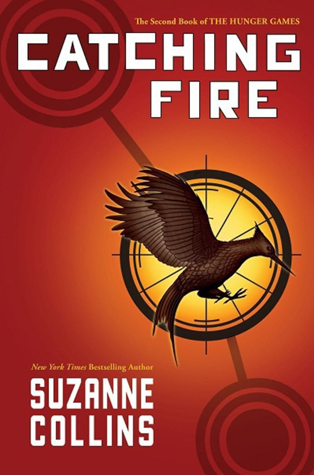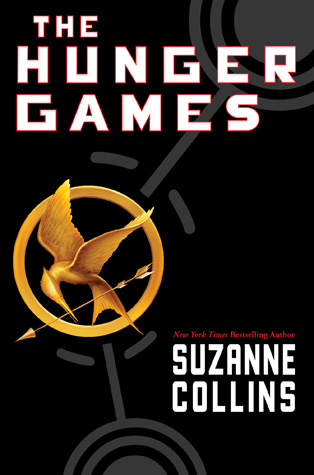
The Ballad of Songbirds and Snakes
Book Description
In a world where power and survival clash, an unexpected hero rises amid chaos and despair. Set against the backdrop of the brutal Hunger Games, this gripping tale unravels the transformation of a young man as he grapples with morality, ambition, and loyalty. Each decision holds life-altering consequences, leading to dangerous alliances and ruthless rivalries. As the stakes soar, love and betrayal intertwine in a high-stakes game that will leave hearts racing. Will he succumb to darkness or forge his own path in a ruthless society? The countdown has begun, and the arena awaits. Who will emerge when hope and fear collide?
Quick Book Summary
"The Ballad of Songbirds and Snakes" explores the early life of Coriolanus Snow, set decades before the original Hunger Games trilogy. The novel uncovers the origins of the Games and the moral quandaries that shape Snow’s transformation from a struggling teen into the calculating future president of Panem. Assigned to mentor Lucy Gray Baird, a tribute from District 12, Coriolanus grapples with ambition, loyalty, and love, as the Capitol solidifies its tyrannical hold. Suzanne Collins weaves a deeply personal coming-of-age story, showing how desperation and environment shape character. The narrative delves into the origins of cruelty, the corrupting influence of power, and the fine line between compassion and control, leaving readers to question where heroism ends and villainy begins.
Summary of Key Ideas
Table of Contents
Origins of the Hunger Games and Systemic Oppression
The novel begins in a war-ravaged Capitol, with eighteen-year-old Coriolanus Snow eager to restore his family’s fading legacy. Assigned as a mentor for the humble District 12 tribute Lucy Gray Baird during the 10th Hunger Games, Coriolanus sees her as his chance to reclaim honor. The origin of the Games is gritty and undeveloped, reflecting a society still healing from conflict and searching for new ways to maintain control over the districts. The Games are not yet the spectacle seen in later years; instead, they are raw, cruel, and dangerous for mentors and tributes alike.
Transformation of Coriolanus Snow
As the Games approach, Coriolanus is drawn to Lucy Gray’s resilience and charisma, which sets her apart from other tributes. His involvement grows personal as he aids her survival with clever rule-bending and compassion, blurring his perspectives on morality and ambition. Their alliance deepens, especially as Coriolanus confronts Capitol elitism and the inhumanity of forcing children to kill for entertainment. The developing bond between mentor and tribute reveals the emotional costs of survival in an unforgiving system.
Morality Versus Ambition
Despite moments of true connection and introspection, Coriolanus is profoundly shaped by his circumstances. Pressured by the corrupt Capitol establishment and haunted by the need for social advancement, he compromises his values. His friendship with fellow mentor Sejanus Plinth exposes him to different views on rebellion, punishment, and justice. Increasingly, he is forced to make choices where loyalty clashes with self-preservation, gradually hardening him against empathy and nudging him toward ruthlessness.
Love, Loyalty, and Betrayal
Escaping the Capitol brings a brief respite, as Snow and Lucy Gray seek freedom in District 12. Yet freedom proves elusive amid suspicion and survival-driven decisions. Coriolanus’s fear of exposure and instinct for self-preservation grow stronger, culminating in betrayal and heartbreak. The ambiguity of Lucy Gray’s fate, and Coriolanus’s actions, marks his irreversible loss of innocence and foreshadows the manipulative leader he is to become.
Corruption and the Loss of Innocence
Ultimately, the novel pulls back the curtain on the making of a tyrant. Through Coriolanus’s journey, it examines how power, fear, and environment shape identity. The origin of many later Hunger Games traditions and cruelties are traced to his choices. The book leaves the haunting question of whether monstrous systems create monsters, or simply reveal underlying human flaws. Collins’s narrative serves as a chilling exploration of how hope, love, and trust are transformed—and often destroyed—by ambition and the struggle for power.
Download This Summary
Get a free PDF of this summary instantly — no email required.





